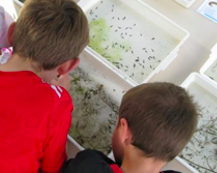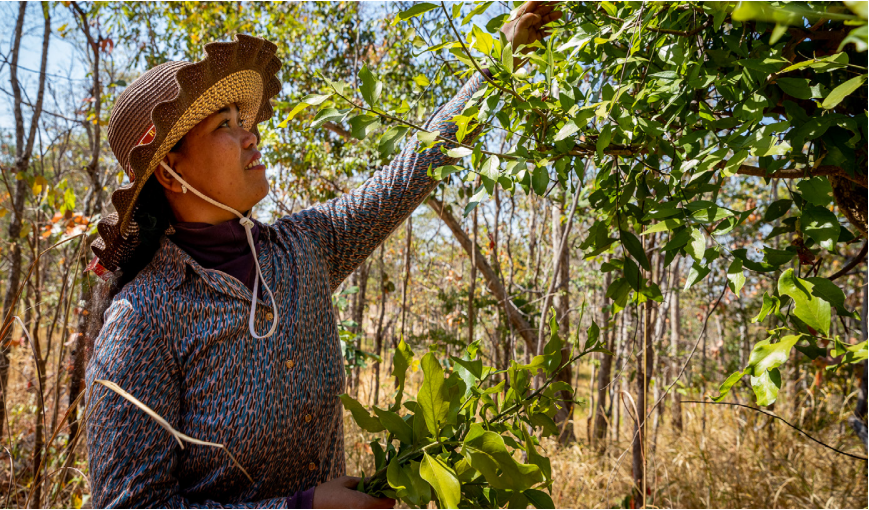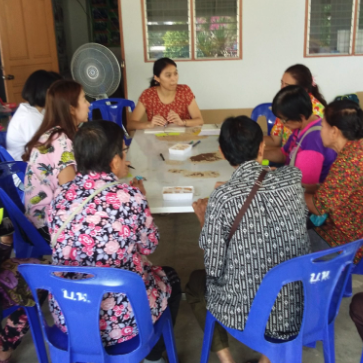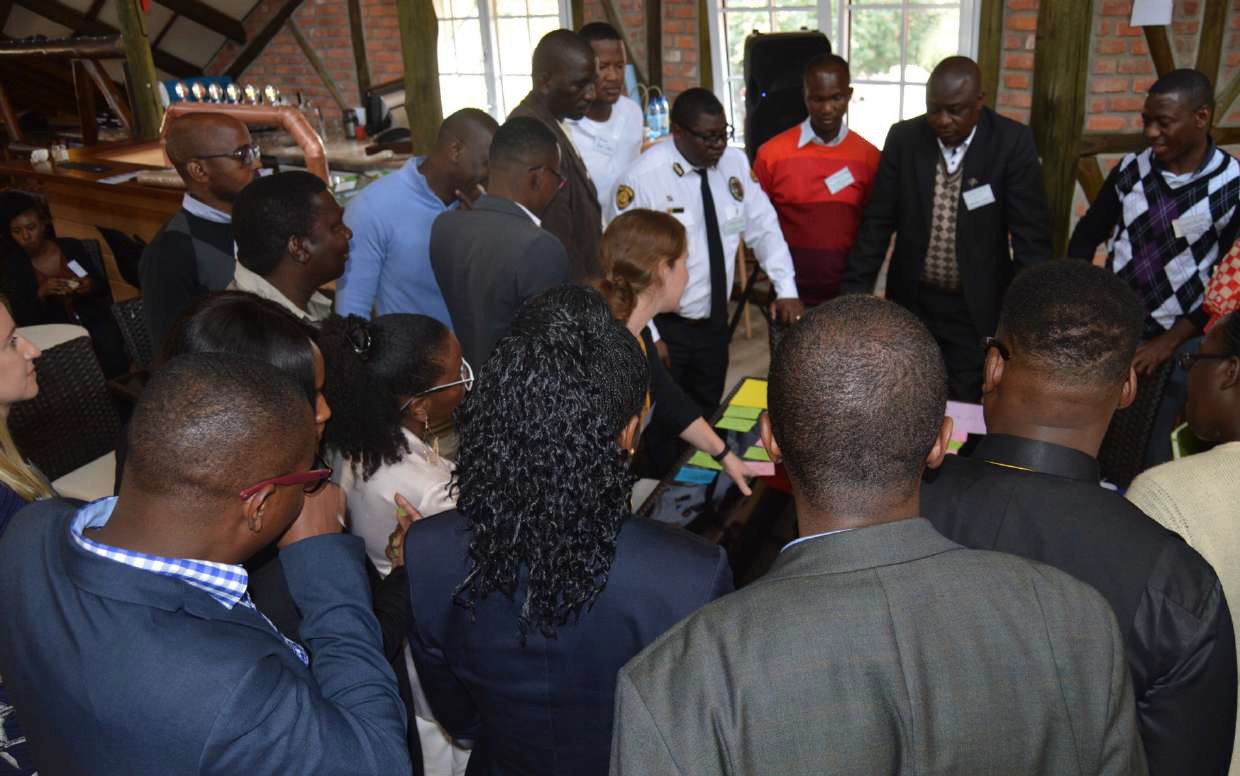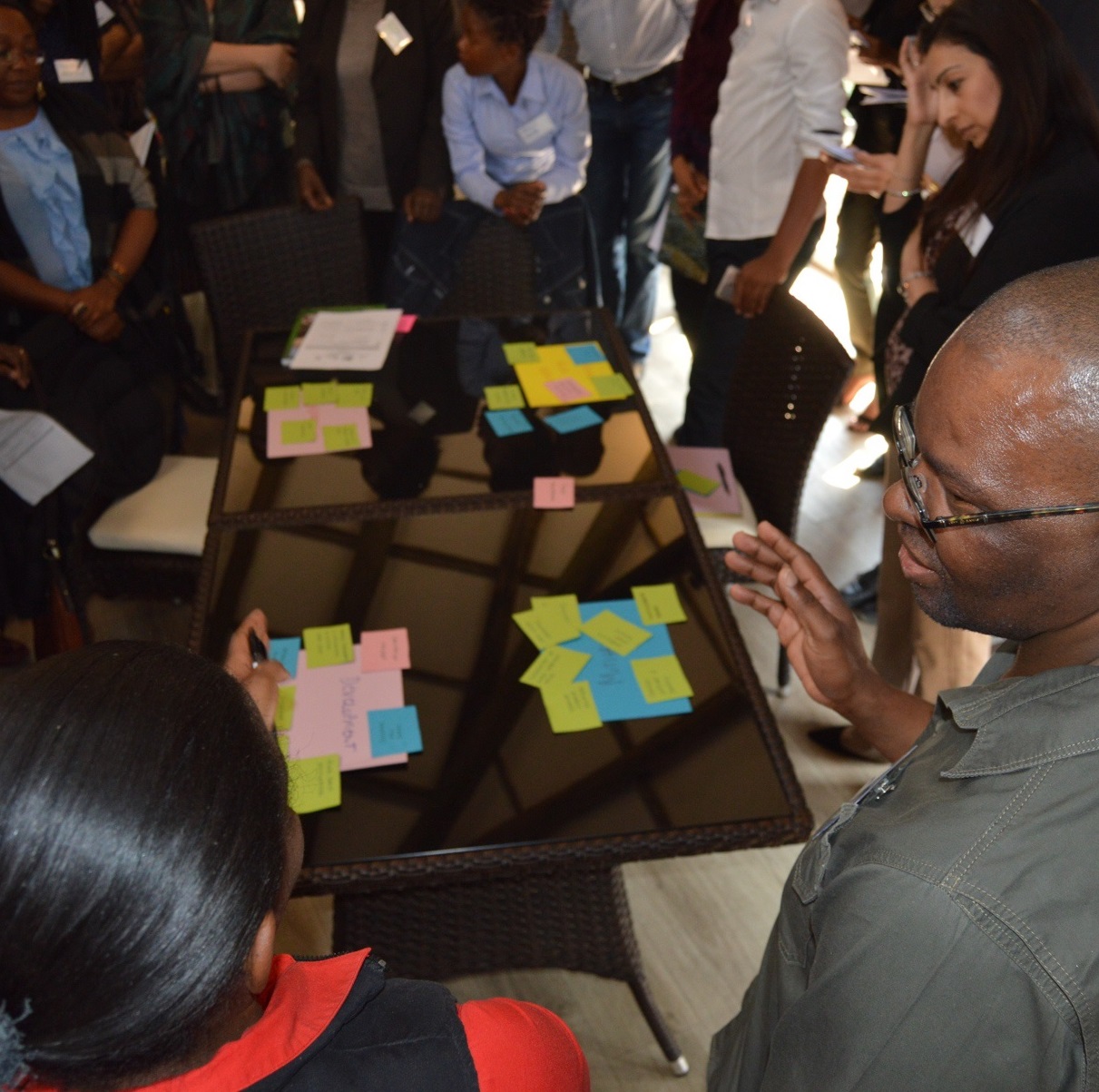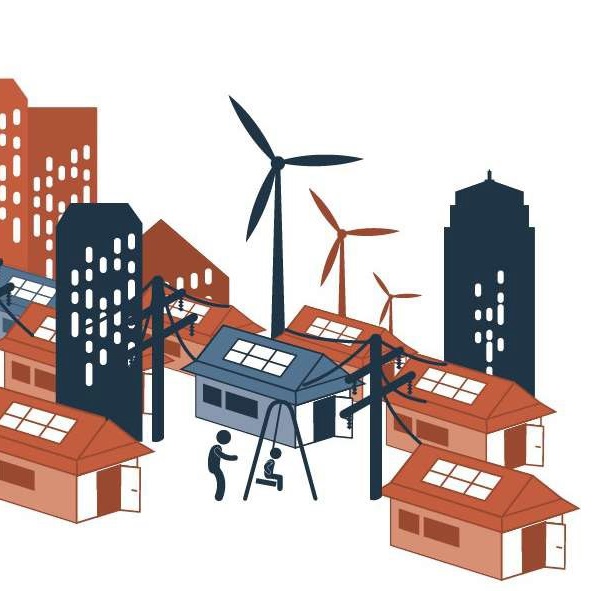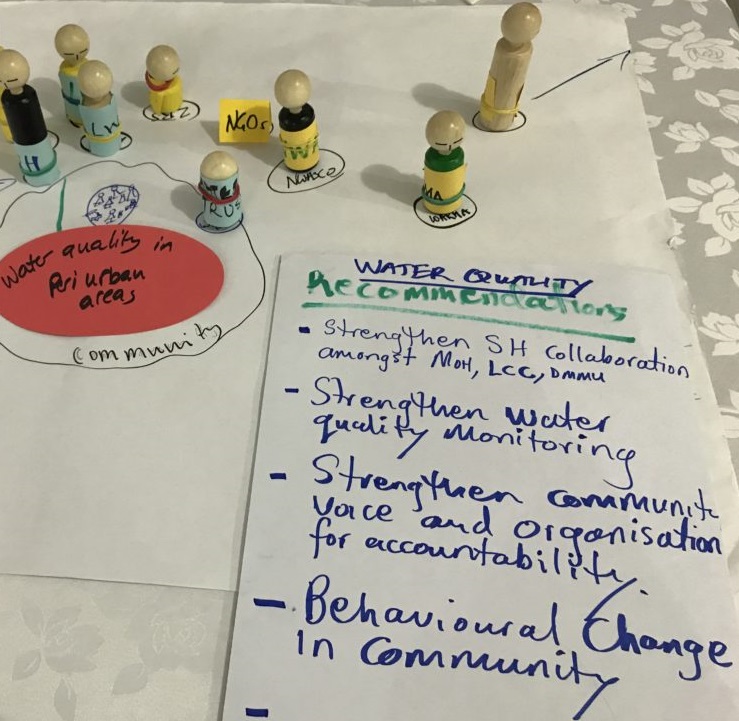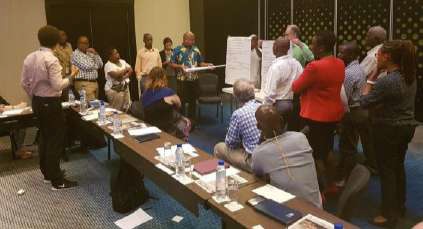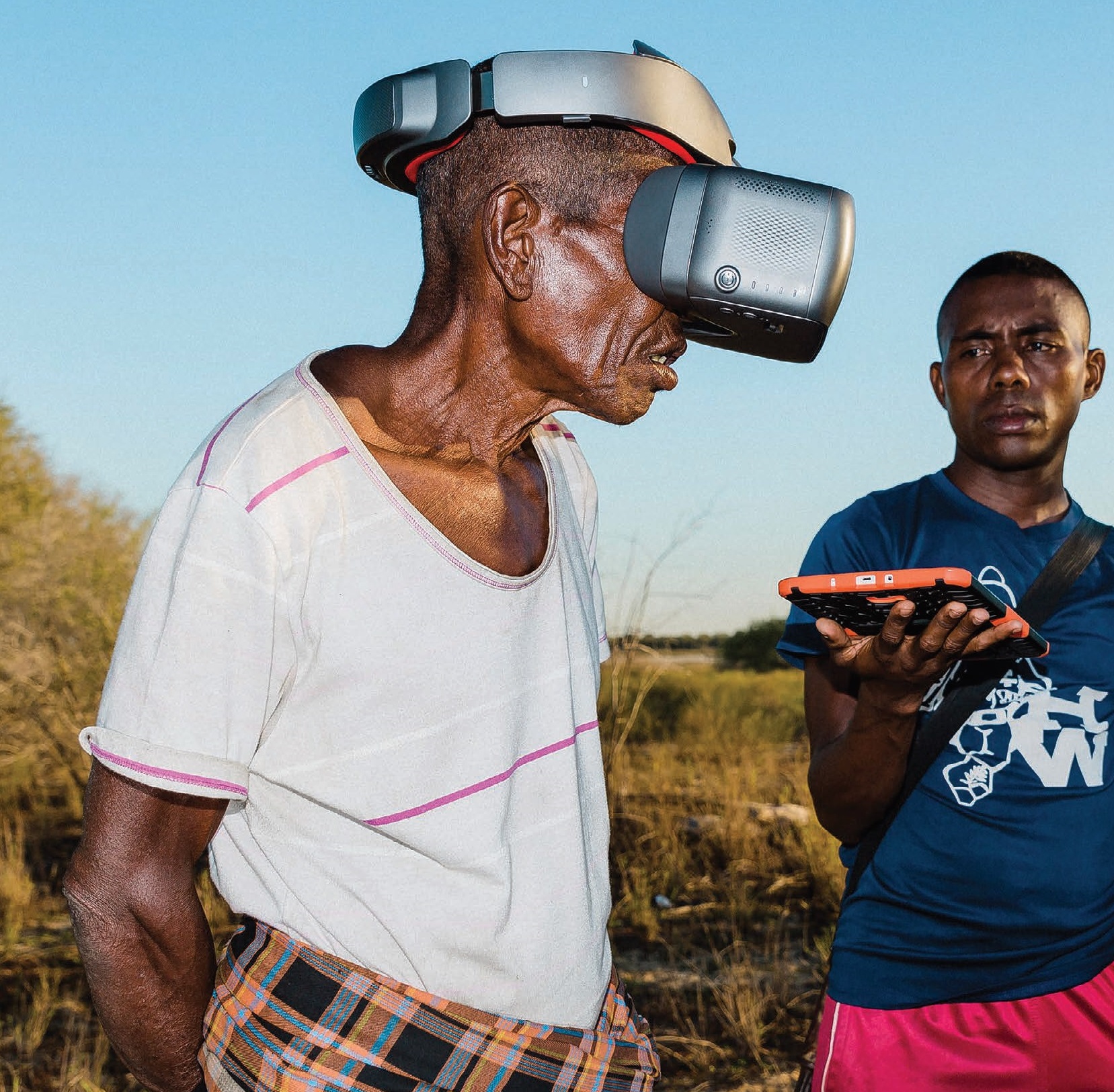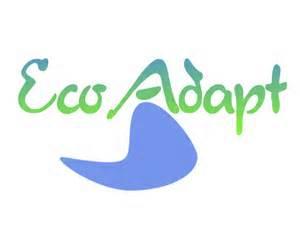multi-stakeholder participation
Open Air Laboratories (OPAL) surveys
Discover how this citizen science resource can be used to support communities in carrying out their own urban environmental surveys on a range of topics, including air quality, biodiversity, and water quality.
The Partnership for Forestry and Fishery Community in Cambodia
Learn about how the Partnership for Forestry and Fishery Community in Cambodia helps rural communities to manage their natural resources.
Participatory Geographic Information Systems (PGIS) for Urban Environmental Assessments
This tool enables you to use maps as discussion tools for allowing different groups to share their knowledge of environmental issues and development options, helping to enhance understanding and improve decision making and outcomes.
“Explainer” Guide: Co-exploring Terminologies
This brief explains why co-exploring language and terminology is important for creating a level playing field at the beginning of a multi-stakeholder engagement.
“How-to” Guide: Co-exploring Terminologies
This brief explains how to conduct a terminology co-exploration exercise for climate change adaptation decision-making.
Towards developing a common language for climate change in the City of Cape Town
This research aimed to better understand and circumvent language discrepancies at a city scale. It provides a toolkit to better understand and overcome terminology barriers.
Learning Labs in Windhoek: creating collaborative ways to address climate change in African cities
This video outlines how the Learning Labs approach brings stakeholders together to tackle climate change adaptation issues emerging in urban Africa.
Discourse analysis as a method for understanding urban governance
This briefing note is an introduction into the definition and method of discourse analysis and outlines its application within the FRACTAL focal cities.
PARTNERS IN SCIENCE: How the People Who Should Benefit from Research Are Increasingly Shaping How It Is Done
Community-based participatory research has been gaining traction for the past two decades. Nature talked to three research groups that have built successful co-produced projects with this approach.
The EcoAdapt Project
The EcoAdapt project assisted South American communities in developing their ecosystem-based adaptation strategies.
